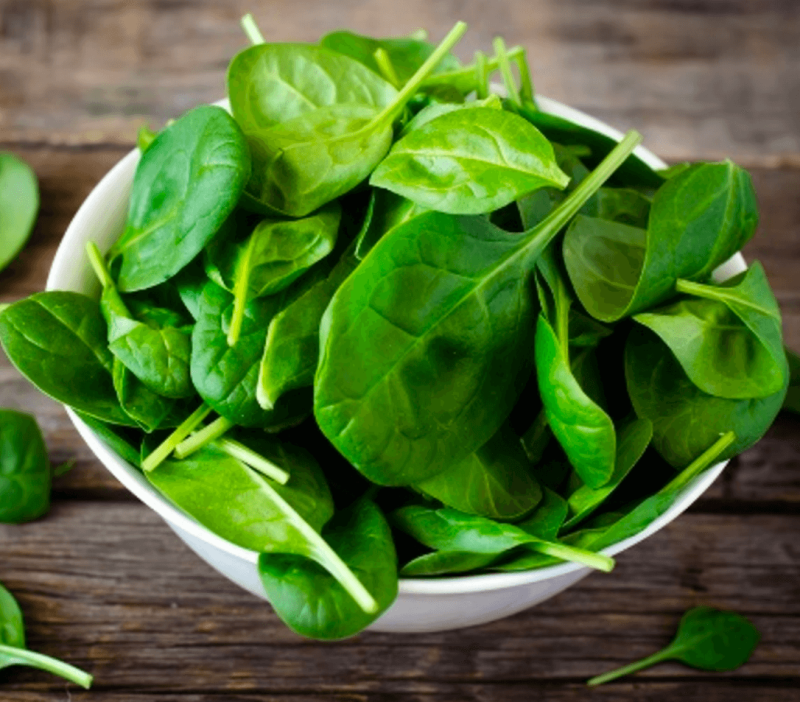While you may not gulp spinach by the can-fulls, if you love spanakopita or your go-to appetizer is spinach artichoke dip, then you’ll be excited to know that new research out of Boyce Thompson Institute (BTI) will make it even easier to improve this nutritious and delicious, leafy green.
[R]esearchers from BTI and the Shanghai Normal University report a new draft genome of Spinacia oleracea, better known as spinach. Additionally, the authors have sequenced the transcriptomes (all the RNA) of 120 cultivated and wild spinach plants, which has allowed them to identify which genetic changes have occurred due to domestication.“The spinach genome sequence and transcriptome variants developed in this study provide a wealth of valuable information that can be used to breed spinach with better disease-resistance, higher yield and better quality,” asserted Zhangjun Fei, the project’s lead researcher from BTI.
Spinach, which is native to central Asia, is now cultivated worldwide, with a reported annual production of 24.3 million tons in 2014.
…
Known as the ‘late blight’ of spinach, the downy mildew disease has devastated crops throughout California, and has recently popped up in Upstate New York. Armed with a better understanding of the spinach genome, the researchers have identified several genes that may confer resistance to the downy mildew pathogen.
[Read the full study here]
The GLP aggregated and excerpted this blog/article to reflect the diversity of news, opinion, and analysis. Read full, original post: Newly-published spinach genome will make more than Popeye stronger































